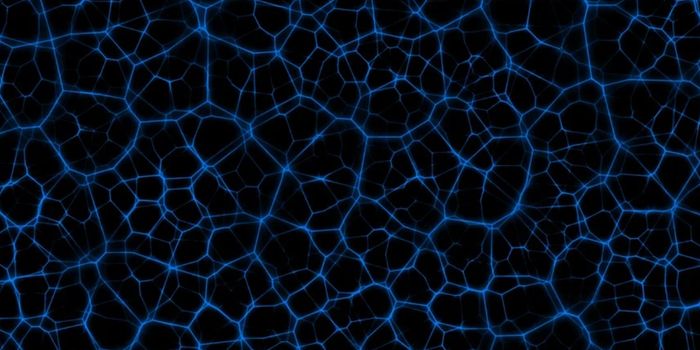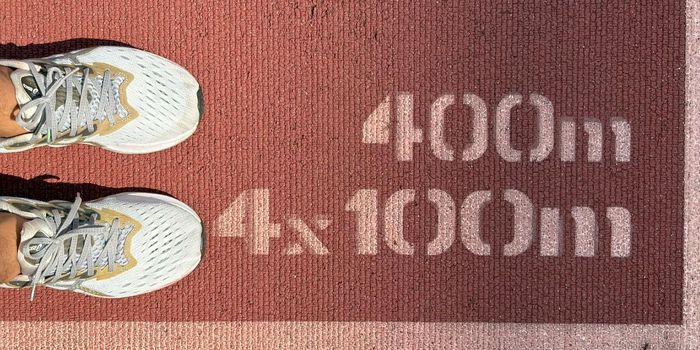Sound Waves Tested for Essential Tremor
Tremors that result from neurological diseases, injury or other causes can be debilitating for patients. While some patients benefit from brain surgery, it’s often risky and doesn’t have a high success rate. At the Imperial College Healthcare NHS Trust in the UK, a trial is underway that uses ultrasound waves to treat the brain and hopefully calm the tremors. It’s a limited experiment with only 20 participants, all of whom have Essential Tremor (ET). The trial was made possible by a £1million grant from Imperial College Healthcare Charity.
In the UK there are about one million people living with ET, which is a brain disorder that causes shaking. It’s different than the tremors that occur with Parkinson’s disease or multiple sclerosis. Treatments can include medication or deep brain stimulation with implanted electrodes, but these carry risks that include side effects and even brain bleeds or deaths from seizures caused by the implants.
Current theories on ET show that it’s likely caused by abnormal firing of electrical circuits in the brain. If the brain is the central command of the body, sending signals to muscles, those signals have to be timed just right and fire in the proper order. If this process is disrupted everything from motion disorders, to dementia, to paralysis can occur. In the UK, part of the grant was used to purchase ultrasound and MRI equipment to conduct what they are calling ‘MRI-guided focused ultrasound for the brain.’ How does it work? The MRI is a big part of it, scans are needed to accurately focus heat energy from ultrasound waves to very specific parts of the brain. It’s believed that this energy can break the electrical circuits that have gone awry. It’s different from the low intensity sound waves that are used in imaging. When sound waves at low frequencies are aimed at tissue, an image results. When the frequency is higher, the waves cause molecules to vibrate and they create heat and energy. This heat can destroy cells that are firing wrong or interfering with the messages that need to be sent to muscles.
It’s non-invasive, but a local anesthetic is given. Similar trials in the United States and Japan have produced hopeful results, with patients there seeing as much as an 80% reduction in tremors. It seems to work immediately, and so far the effect appears to be something that lasts a good while. One of the brave volunteers for the clinical trial was profiled by the BBC. Mr. Selwyn Lucas, a 52-year old painter and decorator from St Austell in Cornwall, has lived with a tremor in his right had for over two decades. It’s gotten worse in the last five years. His hand is still when it’s at rest, but if he tries to move it, to pick up a glass or write a sentence, it shakes uncontrollably. Mr. Lucas commented on the treatment saying, “For many years I managed to live a relatively normal life with my tremor but over the last five years it had started to prevent me from leading the life I wanted to lead. It was also particularly difficult to continue my job as a painter and decorator as I had to learn to perform my job using my left hand and being a right-handed person this slowed my ability to complete jobs. Since the treatment I have been able to write my own name for the first time in many years and taken my wife out for a lovely meal without fear of embarrassing myself. I will also be able to go back to using my right hand which will allow me to take on more painting and decorating jobs.”
For more information on Lucas, check out the video below from the BBC, which was granted exclusive access to the trial.
Sources: Imperial College Healthcare NHS Trust , BBC, Brain Injury Hub









